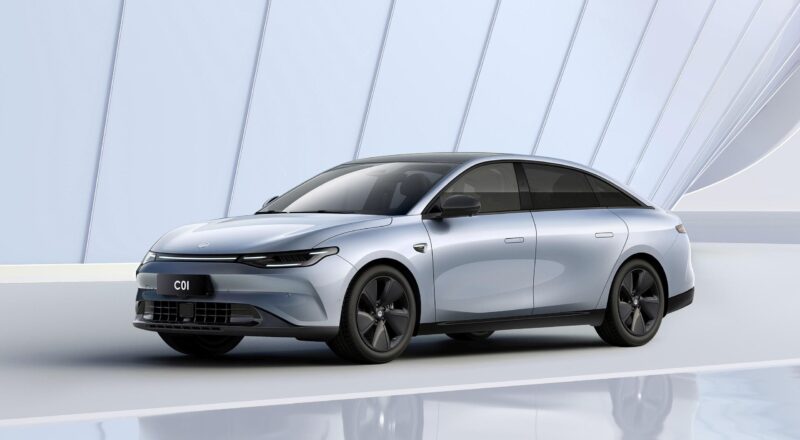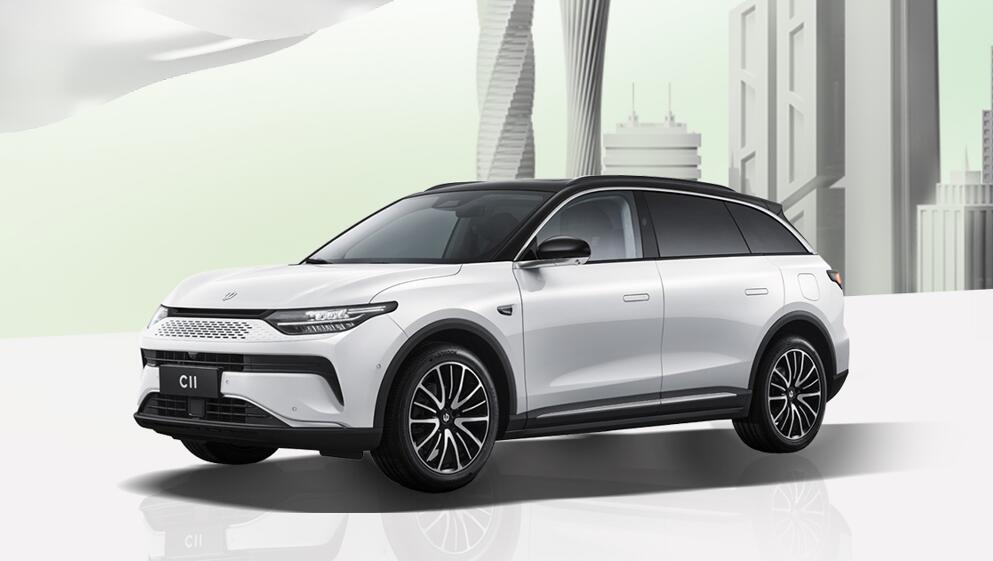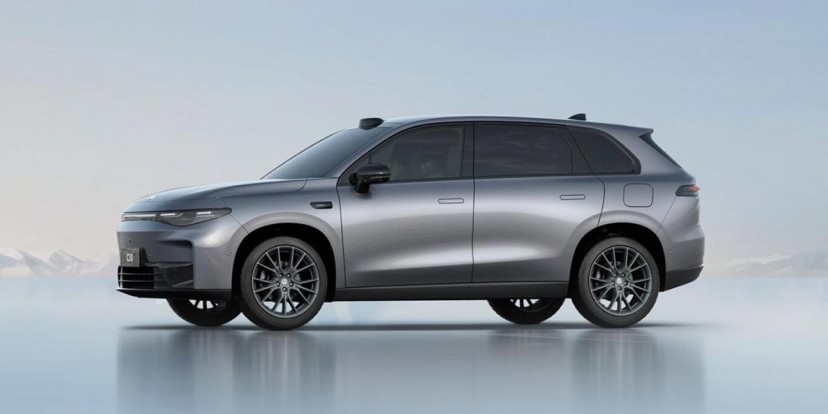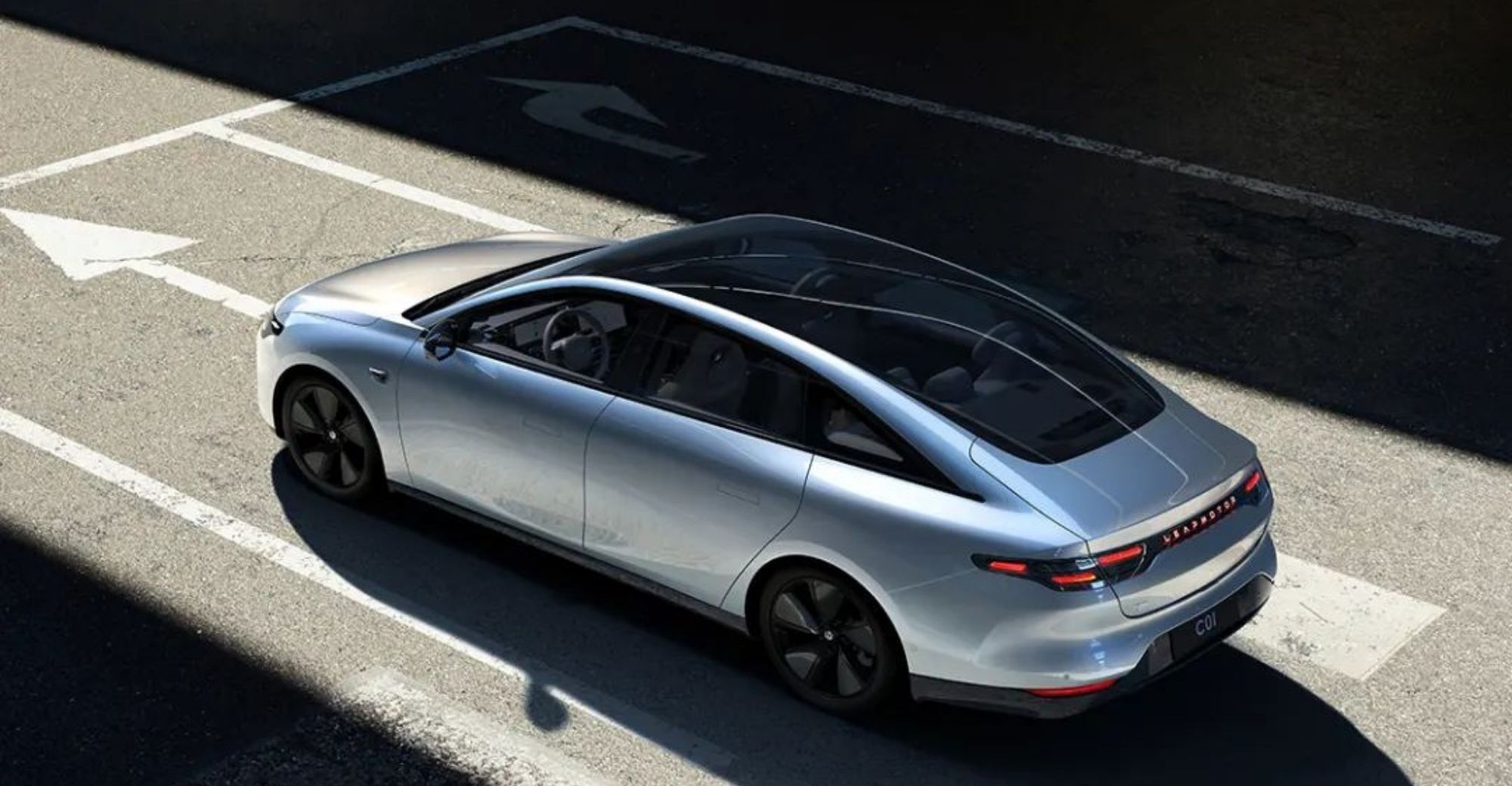In a bid to secure a foothold in India’s fast-evolving electric vehicle (EV) market, India’s JSW Group has entered initial discussions with Chinese automaker Leapmotor regarding a potential technology licensing agreement. This agreement could potentially pave the way for JSW Group’s foray into EV manufacturing on Indian soil.
Sources with knowledge of the matter have revealed that JSW Group is exploring the prospect of licensing Leapmotor’s innovative platform, which serves as the structural foundation for vehicles, to produce electric vehicles under its proprietary brand. If successful, this venture would mark JSW’s second attempt to penetrate the rapidly expanding EV sector.
An insider privy to the ongoing talks emphasized, “JSW wants to sell cars under its own brand for which they need the technology more than an investment or joint venture in an existing carmaker.” This underscores JSW Group’s strategic approach to gaining technological expertise to underpin their EV ambitions.
As per insiders, JSW Group is contemplating the use of a unified platform to fabricate a series of mid-sized sport-utility vehicles (SUVs), designed with the Indian market in mind. Leapmotor’s contribution would extend beyond technology licensing, involving engineering tailored vehicles for the Indian consumer base. However, specific timelines for the commencement of production have not been unveiled.
It’s noteworthy that while these discussions are ongoing, and no final decisions have been reached, JSW’s enthusiasm for making a substantial entry into the EV sector is palpable. Reports suggest that the conglomerate has been exploring collaborations with various Chinese automakers to tap into the burgeoning EV market in India.
India’s EV market, although currently representing a small fraction of total vehicle sales, is on a trajectory of rapid growth. Tata Motors currently dominates this nascent sector, with EV sales accounting for less than 2% of all vehicles sold during the previous fiscal year. However, the Indian government has set forth an ambitious target of achieving a 30% market share for EVs by 2030.
While JSW Group remains tight-lipped regarding the ongoing discussions, its visionary billionaire Chairman, Sajjan Jindal, has openly expressed the group’s intentions to venture into EV manufacturing. This aligns with the group’s earlier attempts to make a mark in the EV realm, dating back to 2016.
Interestingly, beyond its potential collaboration with Leapmotor, JSW Group’s proactive endeavors in the EV landscape reportedly extend to discussions with other Chinese entities for technology acquisition. Moreover, Indian media sources have recently reported JSW Group’s exploration of an acquisition of the defunct Ford Motor Co’s southern India manufacturing plant, a strategic move following Ford’s exit from the market last year.
In the global context, Tesla has also set its sights on India, engaging in discussions with the Indian government to establish an EV manufacturing facility, with an aim to produce affordable electric vehicles. The Indian government is concurrently devising incentives, including reduced import taxes, to attract EV manufacturers to invest in local production.
As for Leapmotor, the Chinese automaker, established in 2015, commands a mere sub-2% share of China’s sprawling EV market. The company recently unveiled a new EV platform, with intentions to license it to other automakers as part of its business expansion strategy. Collaborating with JSW Group could potentially open doors to tapping the promising Indian market, especially considering the complexities Chinese companies face in setting up manufacturing operations in India due to stringent foreign investment regulations.





